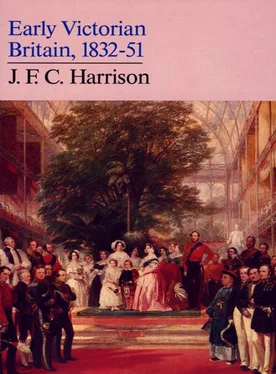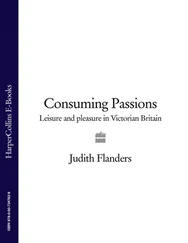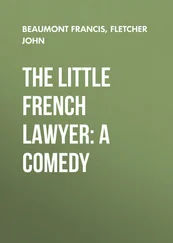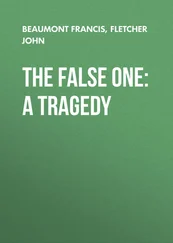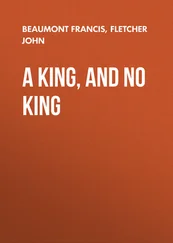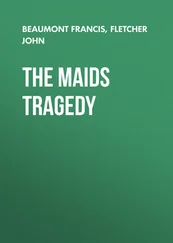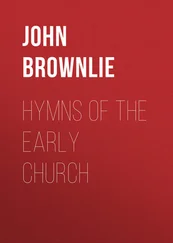But in writing it the author has been greatly aware of what we don’t know, and where further research is necessary. Although excellent monographic work on Irish, Scottish and Welsh history has been and is being done, we have not yet reached the stage when it can easily be integrated into a general history of the British Isles. Ireland, except when events impinge on English politics, is seldom mentioned, and then always as a ‘problem’. Scotland, with its very different systems of law, education and poor relief, is usually ignored; while Wales is simply lumped with England as a single statistical unit. This is to say that the Celtic fringe is virtually left out of the standard British histories, which are written from an English (if not metropolitan) perspective. For political history this is misleading enough, but for social history it is much worse. Most of the generalisations made, for instance, about social structure and social movements, probably need qualification in the light of the Irish and Scottish experiences. And the difficulty cannot be overcome by throwing in the odd example or illustration from Dublin or Aberdeen. Only a series of comparative social studies, concentrating on fairly narrow periods or topics, is likely to uncover significant points of similarity or uniqueness.
There are other, if less dramatically obvious, areas of darkness. Despite the excellent work of modern historical demographers, we still do not understand very clearly the relation between population increase and economic growth – a vital concern of early Victorian Britain. There is no history of the basic social institution in Britain, the family, nor any evidence of much interest in it among historians. The social content of Victorian religion has been largely neglected, except for occasional forays by interested parties. How long have we to wait for a modern history of Methodism, which will do justice to the social complexities of the schisms and connextional strife which plagued the chapels in the nineteenth century? Similarly for education there is a need to get beyond institutional histories, and examine the (largely unstated) social goals of educational movements and efforts. Working class culture, which has received some attention for its more recent periods, remains virtually terra incognita for the first half of the nineteenth century; although oral folk tradition, dialect, popular poetry and songs, and material on feasts, festivals and the use of leisure could be used to explore it. We also need more local studies of towns, counties and regions, to document the diversity and richness of our social heritage, and to correct the naivety of much ‘national’ history. A comparative approach is particularly valuable here, as it is also in intellectual history, which has been much slower to develop in Britain than in the USA. The social roots of ideas, including the ideas of the majority of ordinary people, have to be investigated before we can understand many aspects of a society. But such investigations have not yet gone very far into the period 1832–51.
This recital of the limitations of our present knowledge is not to be taken as meaning that nothing worthwhile can be written about early Victorian society, but that a healthy scepticism towards some of our accepted interpretations is in order. A final caution may also not be out of place. The early Victorian period has an air of familiarity about it, mainly because of our reading of the great novelists, especially Charles Dickens. Yet this can be very deceptive, for we no longer share many of the basic assumptions of that society, and our sympathies and responses are likely to be different from those of contemporary readers. They believed in immutable economic laws, in Malthusian fears of overpopulation, and in objective factors controlling man and society; we for the most part do not. Nobody in Britain today is prepared to accept poverty and gross inequality as part of a God-given order of the universe; in the 1830s and 1840s the affluent classes and most of the labouring poor took it for granted that rich and poor (like good and bad) would always exist. The barrier to historical understanding is not ignorance of the material facts of our great-great-grandparents’ life (for we can easily look at pictures of them at work and play), but lack of sympathy for their fundamental ideas and attitudes. The world of Charles Dickens is a long way, mentally and materially, from us; and the distance increases every year. But if we can manage to overcome the obstacles to historical understanding we shall begin to deepen our awareness of our own society by extending the range of our experience through contact with the past.
Конец ознакомительного фрагмента.
Текст предоставлен ООО «ЛитРес».
Прочитайте эту книгу целиком, купив полную легальную версию на ЛитРес.
Безопасно оплатить книгу можно банковской картой Visa, MasterCard, Maestro, со счета мобильного телефона, с платежного терминала, в салоне МТС или Связной, через PayPal, WebMoney, Яндекс.Деньги, QIWI Кошелек, бонусными картами или другим удобным Вам способом.
